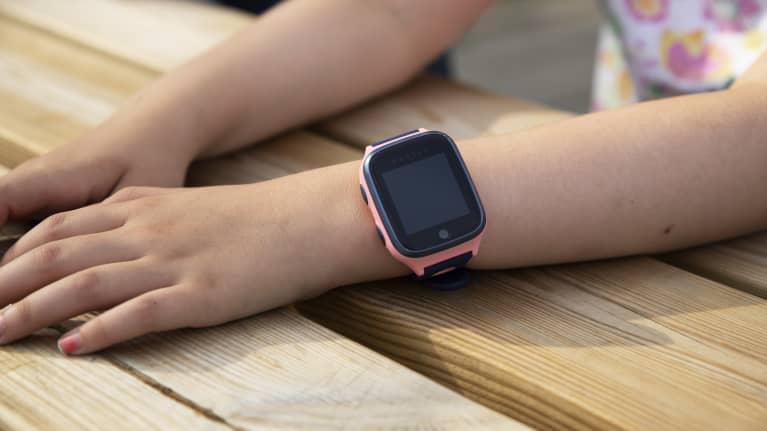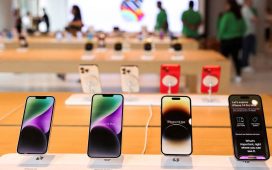Finnish parents are increasingly reluctant to give young children smartphones, with telecom operators and child development experts alike urging families to delay device use until later in childhood.
In a recent Yle survey, parents overwhelmingly said “no” when asked whether a child starting school should be given their own phone.
Mobile operators Elisa and DNA have observed a dramatic shift in customer behaviour over the past year. According to DNA’s school survey, just 36 percent of children turning seven now have a smartphone, down from over 70 percent in the previous year. The figures also included basic phones and smartwatches.
“There’s not necessarily any need to buy a device for a child starting school,” said Jussi Mälkiä, Brand Director at DNA.
Shift Away from ‘digital natives’
A few years ago, parents were eager to equip even preschoolers with smartphones to help develop their digital skills. But that thinking is changing.
“Children and young people might be technically skilled, but that doesn’t mean they know how to use the internet responsibly or wisely,” said Mälkiä, who now rejects the term “digital native”.
This shift is being welcomed by experts.
“It’s great to see growing awareness of research on how excessive screen time affects young children’s development and wellbeing,” said Dr Silja Martikainen, Associate Professor of Developmental and Educational Psychology at the University of Helsinki.
She added that studies show too much screen time is linked to reduced physical activity, poorer mental health, and lower academic performance in children.
Public concern and policy response
The issue has gained national attention in Finland, particularly after Parliament recently passed a bill enabling schools to ban mobile phones in schools.
A separate report from the Mannerheim League for Child Welfare highlighted growing concern around youth screen time and online behaviour. It found that cyberbullying has worsened and that two in five young people now spend more than four hours a day on their phones.
The All Points North podcast looked into the government’s plans last year. Listen to the episode via this embedded player, on Yle Areena, via Apple, Spotify or wherever you get your podcasts.
Finland pushes back on phone-based childhood

Providers now advise against phones for young children
Both Elisa and DNA now recommend that children under the age of nine should not be given a smartphone.
“We now have a better understanding of the risks children face in open internet environments and on various social media apps,” said Laura Puusaari, Business Director at Elisa.
Elisa’s guidance is based on a recent customer survey, which found that most parents believe nine is the appropriate age for a first smartphone.
“For now, we think nine is a realistic age to start considering a smartphone, but I believe this recommendation could rise in the coming years,” Puusaari said.
Some parents, the company noted, are now waiting until their child is 11 years old.
Watchphones on the rise
While discouraging smartphones, telecom providers are seeing growing interest in alternatives such as smartwatches, which offer basic call and messaging functions. Elisa estimated that nearly half of Finnish first-graders will start school this autumn wearing a smartwatch.
Operators have also found that families are more open to receiving advice on device choice.
“If a parent is determined to buy a device, we explain the pros and cons. The decision is theirs, but we want to provide information and give our perspective,” Mälkiä said.
Despite selling phones and subscriptions, both companies say the shift in customer expectations has prompted them to rethink their approach.

Limits alone aren’t enough, say experts
Martikainen, however, warned that bans and restrictions alone are not the answer. “The real problem isn’t the devices, but the gap between children and adults,” she said.
While screen time limits are important, she said, overly negative attitudes toward digital devices can hinder open conversations. That can make it harder for children to speak up about issues like online harassment.
“Often, strict rules and bans only lead to confrontation,” Martikainen said.
Active parental involvement
When a child eventually gets a device, Martikainen stressed the importance of active parental engagement.
She recommended that parents approach their children’s lives with curiosity, talk about phone use rules and what to do when encountering bad behaviour. She added that it’s important to show interest in what the child is doing and who they’re spending time with online.
For older children and teenagers, Martikainen said phones can also serve a positive purpose.
“Instead of just setting limits, we should think about how to keep the conversation open with our children and teenagers.”









